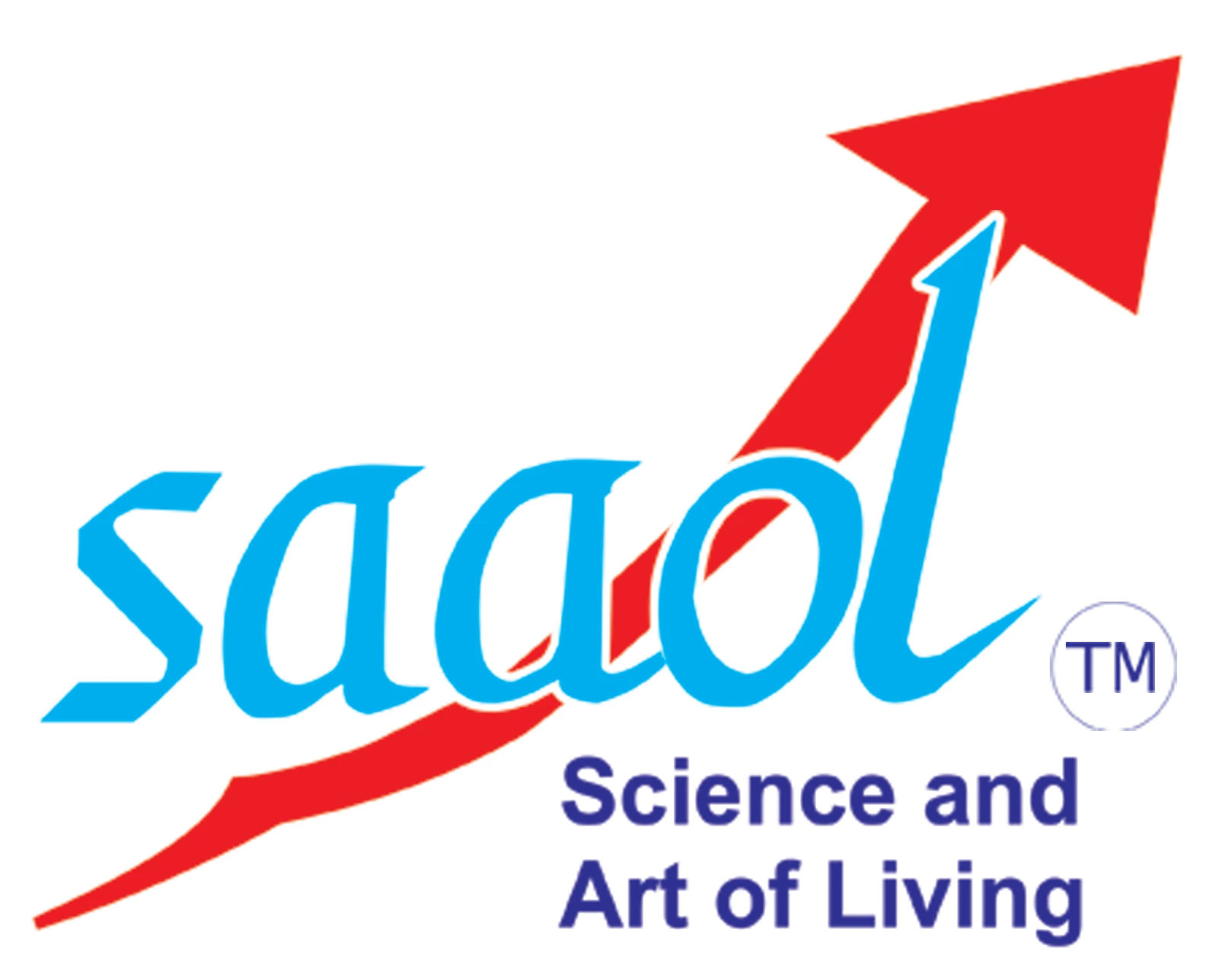On Heart Health: Your Key to a Healthy Future
SAAOL
- August 26, 2023
- 5 Min Read

On Heart Health: Your Key to a Healthy Future
The human heart, an extraordinary organ tirelessly pumping life throughout our bodies, faces the ongoing challenge of heart disease, a global epidemic claiming numerous lives annually. While medical advancements have made progress in treating heart conditions, prioritizing prevention through heart care awareness remains the most effective approach. This article delves into the significance of heart care awareness and why it should be a top priority for everyone, while also exploring non-invasive treatments like SAAOL Heart Care that offer long-term heart health benefits.
Understanding Heart Disease
Heart disease encompasses various conditions affecting the heart’s function, including coronary artery disease, heart failure, arrhythmias, and congenital heart defects. Understanding these different types, their causes, and risk factors is essential in combating this silent killer effectively. Coronary artery disease, the most prevalent type, occurs when cholesterol and other substances build up, narrowing or blocking the arteries supplying blood to the heart. Conversely, heart failure is a condition where the heart struggles to pump enough blood to meet the body’s needs. Having a comprehensive understanding of these conditions is crucial for overall health protection.
The Power of Awareness
Raising awareness about heart care empowers individuals to make informed decisions about their health. By increasing knowledge about risk factors associated with heart disease, such as obesity, high blood pressure, diabetes, smoking, and a sedentary lifestyle, people can adopt healthier habits and lifestyle changes to prevent heart disease. Awareness campaigns play a vital role in disseminating information and fostering a sense of urgency. By highlighting the consequences of heart disease and sharing success stories of prevention and recovery, these campaigns motivate individuals to take proactive steps toward safeguarding their hearts.
Promoting a Heart-Healthy Lifestyle
Adopting a heart-healthy lifestyle is pivotal in reducing the risk of heart disease. Regular physical activity, a balanced diet, stress management, and avoiding tobacco products are all essential components of a heart-healthy routine. Regular exercise strengthens the heart muscle, lowers blood pressure, and improves cholesterol levels. A diet rich in fruits, vegetables, whole grains, and lean proteins helps control weight, blood pressure, and cholesterol levels. Stress management techniques, such as meditation, yoga, and relaxation exercises, contribute to overall heart health. Heart care awareness campaigns should emphasize the importance of these lifestyle modifications and provide practical tips for implementation, promoting the adoption and sustainability of healthy habits.
Early Detection and Timely Intervention
Detecting heart conditions early is vital for effective treatment and prevention of further damage. Heart care awareness initiatives should stress the significance of regular health check-ups, including blood pressure and cholesterol screenings. Recognizing warning signs like chest pain, shortness of breath, and fatigue can prompt individuals to seek medical attention promptly, potentially saving lives. Additionally, understanding the risk factors and family history of heart disease can help individuals identify their vulnerability to heart conditions. Early intervention, through medications, lifestyle changes, or non-invasive treatments like SAAOL Heart Care, can prevent or manage heart disease effectively.
Heart Care Awareness for Different Demographics
Heart care awareness should encompass all age groups and genders. Educational campaigns should cater to different demographics, addressing unique risk factors and preventive measures. For instance, heart disease in women may present differently than in men, often with subtler symptoms. Awareness initiatives should educate women about their specific risk factors, such as hormonal changes during menopause, and encourage regular check-ups. Similarly, older adults may face additional challenges, such as multiple chronic conditions and medication interactions. Tailored awareness efforts for this population should focus on maintaining cardiovascular health while managing other health concerns. Furthermore, cultural and socioeconomic factors can influence heart health outcomes. Awareness campaigns should be culturally sensitive, providing information that resonates with diverse populations and addressing barriers to heart care access.
Support and Resources for Heart Care
Creating a support network for individuals affected by heart disease is crucial. Heart care awareness campaigns should highlight the resources available, such as community support groups, online forums, and educational materials. Support groups provide a platform for individuals to share experiences, seek guidance, and find emotional support from others who have faced similar challenges. Online forums and educational materials, including websites and brochures, offer valuable information about heart care, healthy recipes, exercise routines, and success stories. In this context, SAAOL Heart Care’s non-invasive treatments stand out, offering long-term heart health benefits and providing individuals with effective alternatives for managing their condition. By ensuring the availability of these resources, heart care awareness campaigns create a supportive environment that encourages individuals to make positive changes in their lives and seek professional help when needed.
Conclusion
Heart care awareness is not merely an individual responsibility but a societal imperative. By prioritizing heart health education, we can reduce the incidence of heart disease, enhance overall well-being, and save countless lives. Let us unite in spreading awareness, fostering a culture of heart care, and embracing innovative treatments like SAAOL Heart Care to ensure a healthier future for ourselves and generations to come.
